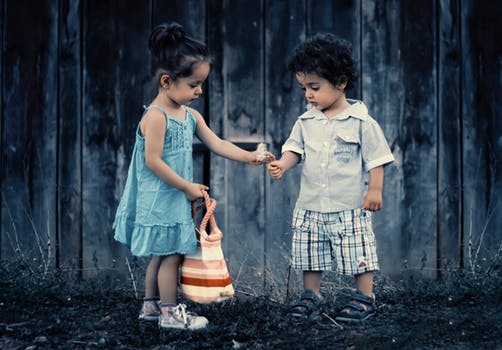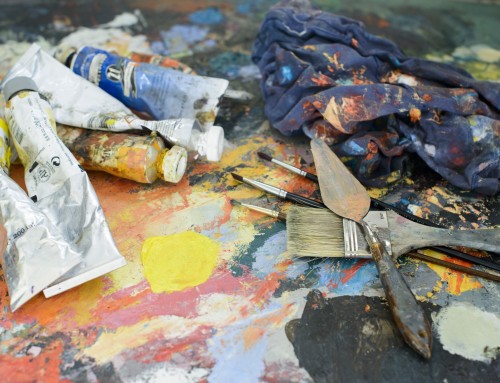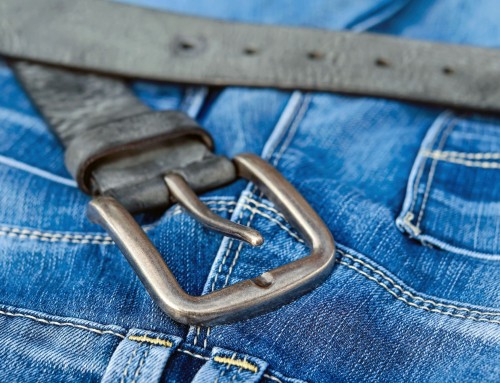School kids miss a lot of class due to gastrointestinal illnesses. But proper hand washing reduces this absenteeism up to 57%.
An alarming 1.8 million children around the world die each year from diseases. The children are 5 years of age and under. The two top diseases are pneumonia and diarrhea.
The diseases spread most often from germs on the hands. Proper handwashing can save a life.
Good hygiene is especially important as kids go through puberty. That’s when hormonal changes cause increased body odor.
But why wait until puberty to teach your kids good habits?
Set your young kids up for great health and social success with a proper daily hygiene habit. The younger they are when you teach them, the easier it is to ingrain the habits.
Model Good Hygiene
Kids are great mimics. They won’t learn good hygiene only by watching you. Explain what good hygiene habits are. Good hygiene habits are more than cleaning the body. They’re also habits like washing clothes and cleaning dirty dishes.
Get your kids to help out with cleaning the bathrooms, bedrooms, and kitchen.
Healthy hygiene habits take time to develop. Be patient and remind them over and over. And don’t let them slip because they’re tired.
As adults, they’ll be glad you ingrained good hygiene habits in them.
Hand Washing
Hand washing is one of the most important hygiene habits your children learn. Most kids run their hands under running water for a few seconds. But that’s not enough to kill the germs and bacteria.
There are a couple of easy, fun ways to teach your kids the best hand-washing method.
The first one is the A, B, Cs. Have your children wet their hands. Turn the water off, and add soap to their hands. Then have them sing the A, B, C song twice while scrubbing their hands together.
Teach proper hand washing and the A, B, Cs at the same time! Turn the water back on and have them rinse all the soap off.
Do you have some glitter? Sprinkle some on the kids’ hands. Tell them they have to use soap to scrub it all off. It’s not easy and takes about 30 seconds to get it all off.
Tell them the glitter is like germs, and they should scrub each time as if they’re getting glitter off.
The action of scrubbing kills germs. Adding soap makes for a potent germ killer. But go ahead and throw away the anti-bacterial soaps since the FDA is banning them.
There’s some concern that Triclosan is not safe. And the chemical isn’t necessary for ridding your hands of germs.
Get the kids in the habit of hand washing after they use the bathroom and before eating.
Cover the Coughing and Sneezing!
When you cough or sneeze, the germs travel as far as 200 feet. Covering your mouth with your hands is not the best solution since germs spread through the hands.
Instead, use a tissue or napkin. Even better, teach your kids to put the crook of their elbow over their mouth if they need to cough or sneeze.
They can do this in a hurry if a sneeze sneaks up on them. Then, wash the germ-covered clothes when they get home.
Teach kids not to touch their eyes or nose. Germs spread through mucous membranes in these areas.
Teeth Brushing
Start brushing your kids’ teeth as soon as they erupt. It’s challenging to get the youngest kids to sit still, but it’s important.
For the toddlers, sit on the floor and have them lie back in your lap. It makes it easier to see where you need to get the toothbrush.
Help your kids brush until they’re about 6. Teach them to brush in an up-and-down motion, not across the teeth. Brush twice a day.
Place a small two-minute timer by the sink. Make sure they brush for the full two minutes. Brush the tongue, as well.
And don’t forget the floss! Flossing is a habit that even adults struggle with. But it’s crucial for good oral hygiene and a beautiful smile.
Flossing is only necessary once a day. It’s best to floss before brushing at bedtime. Take your kids to the dentist for regular checkups.
Don’t use sugary treats as a reward. Read more about healthy teeth habits here.
Good Daily Hygiene for the Body
Good body hygiene is especially important for adolescents. It includes the hair, skin, feet, and pubic regions.
Keeping your skin clean protects your body from bacteria, dust, and allergens.
Bathing a newborn too often strips their skin of natural moisture. But make sure you clean the diaper area well every day. Bathe them about three times per week.
Even with a special baby tub, never leave your baby for even a second when bathing. Children can drown in less than an inch of water if they fall in face first.
Test the water temperature on your wrist. It should be lukewarm.
School-age children sometimes need a bath or shower twice a day. A quick shower in the morning before school and one before bed.
Make sure they wash their hair a few times a week. Have them concentrate on soaping up the armpits, hands, pubic area, feet, elbows, and belly button.
If possible have your kids wear socks. It’ll keep sweaty feet from getting too smelly!
Make sure they clean their neck and behind their ears.
Daily Hygiene Habits for Success
Remember that one kid in school who always had greasy hair and bad breath? Don’t let that by your kid! Daily hygiene habits are important for personal success.
Kids who are neat and clean feel better about themselves and do better in school and life. Employers demand certain standards of hygiene.
The earlier your kids develop daily hygiene habits the better. Teach kids the importance of oral health. Have them bathe at least once daily and wash their hair on a regular basis.
And if you’re looking for additional informative health articles, take a look here.











